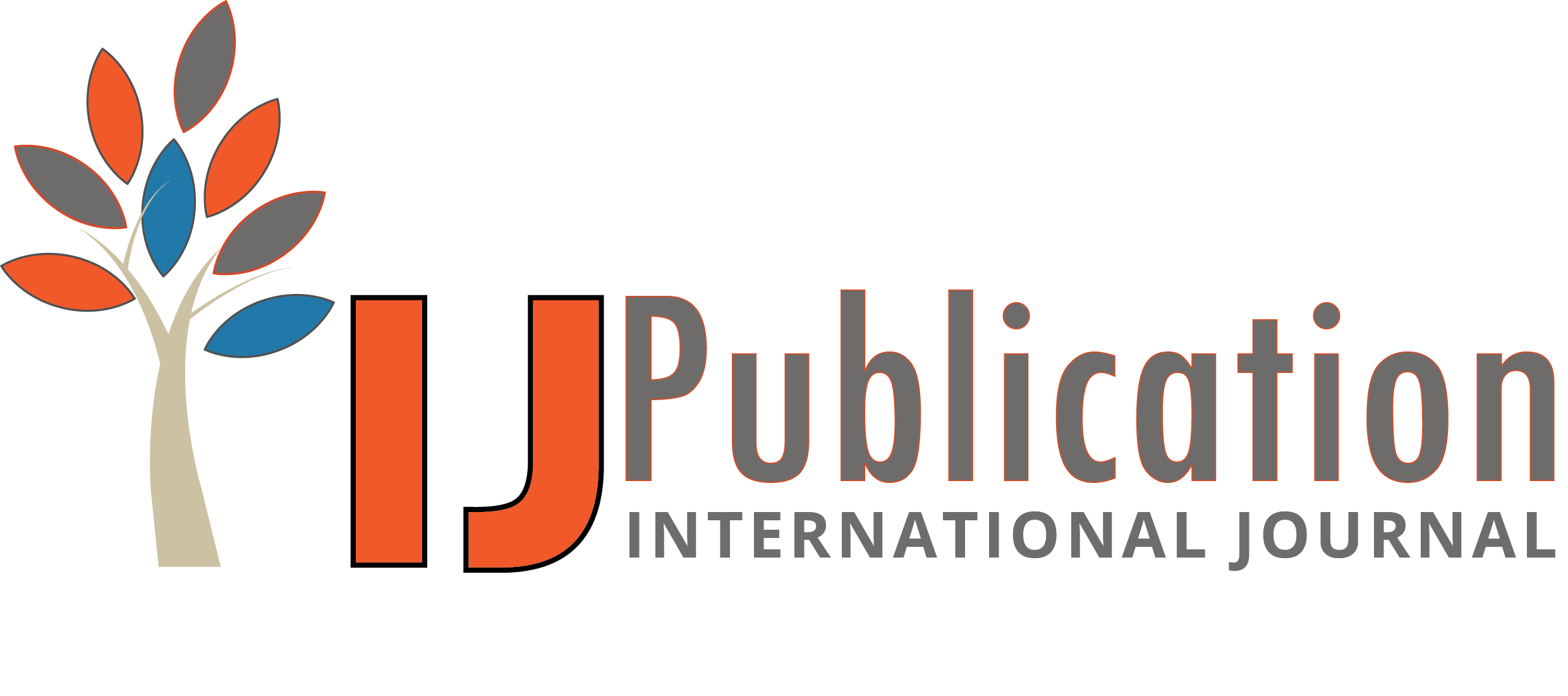Farha Azmi Reviewer
28 Jul 2025 03:59 PM
 Approved
Approved
Relevance and Originality
The article provides a timely and essential exploration of ecoliteracy in higher education, aligning closely with global educational and sustainability goals such as the United Nations SDGs. Its systematic approach and emphasis on pedagogical strategies set it apart, offering both historical context and contemporary application. The integration of ecoliteracy into curricula is presented as a crucial response to global environmental challenges, and the study’s focus on interdisciplinary frameworks and practical teaching models enhances its originality and applicability. Keywords like sustainability, ecoliteracy, curriculum integration, and higher education reinforce the work’s relevance and contribution to educational reform.
Methodology
The research demonstrates a strong methodological foundation by employing a systematic review framework guided by PRISMA standards. The step-by-step delineation of literature identification, screening, eligibility, and inclusion criteria ensures transparency and replicability. The inclusion of only peer-reviewed and recent literature adds academic rigor, while the use of thematic analysis based on clearly defined pedagogical and curricular parameters strengthens the article’s analytic depth. However, the study could further benefit from including more practitioner-based data or case studies to complement the academic literature reviewed.
Validity & Reliability
The article establishes reliability through the inclusion of 35 carefully selected studies that meet stringent criteria, including language, relevance, and methodological soundness. The conclusions are well-aligned with the reviewed literature, and the integration of multiple educational models and frameworks strengthens the robustness of the findings. While the article offers well-supported insights, generalizability could be enhanced by discussing implementation outcomes across diverse global contexts, particularly in underrepresented regions.
Clarity and Structure
The organization of the research is commendable, with a clear sequence moving from historical background through methodology, findings, and implications. Sections are coherent, and transitions between ideas are logical, which aids comprehension. Arguments are well-articulated, supported by an extensive literature base, and the flow is smooth. Nonetheless, some redundancy in citations and lengthy quotations could be reduced to improve readability. Keywords such as interdisciplinary learning, pedagogical strategies, and education for sustainability are well-embedded throughout the document.
Result Analysis
The analysis effectively synthesizes diverse educational practices, frameworks like 4DEE, and strategies such as inquiry-based and experiential learning. The evaluation of interdisciplinary initiatives and the recognition of institutional challenges show a comprehensive understanding of the field. The inclusion of practical examples, like the BENLAC course and web-based modules, helps ground the theoretical framework in real-world applications. Conclusions are well-supported by the presented evidence and offer meaningful recommendations for educators and policymakers.








Farha Azmi Reviewer